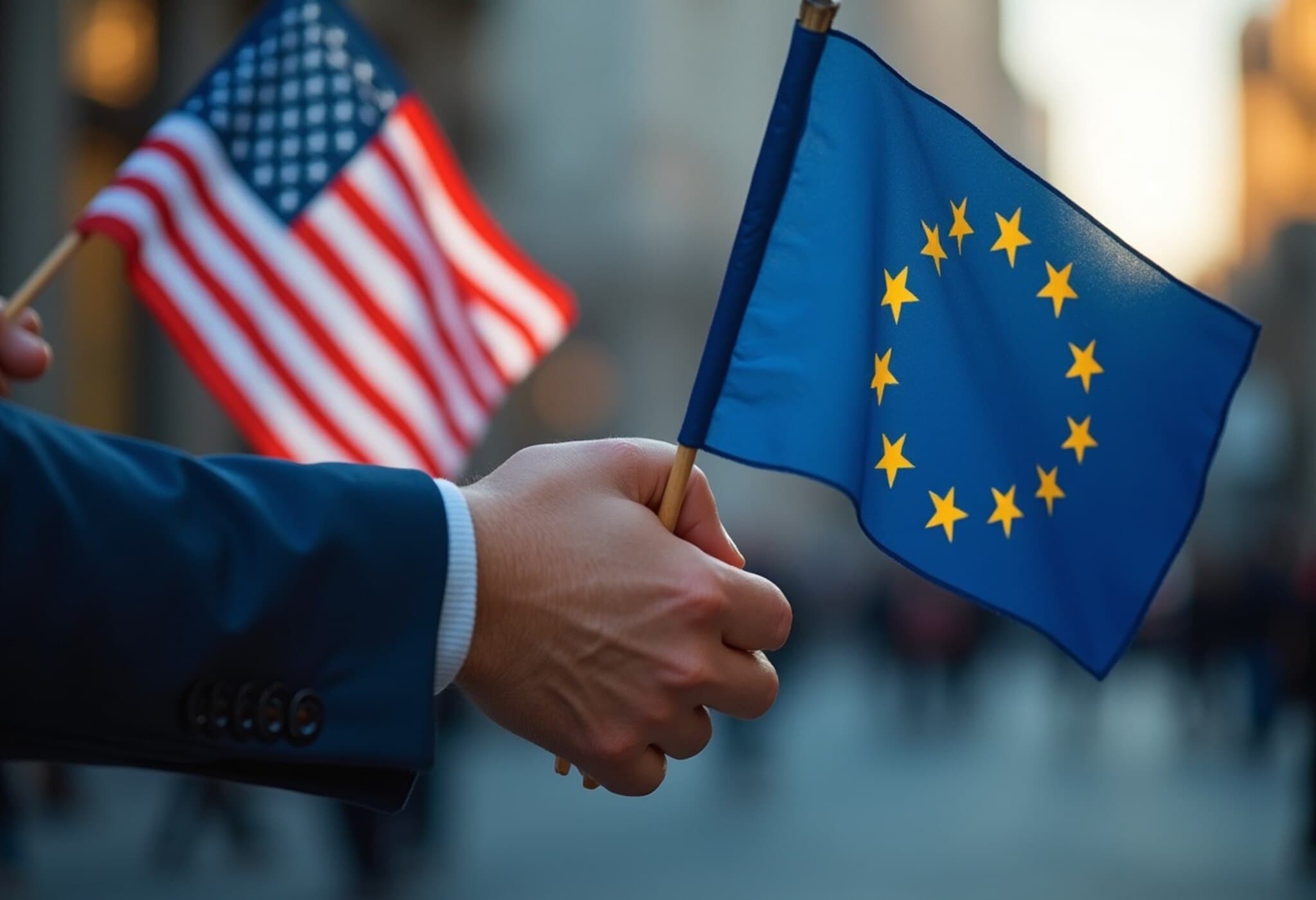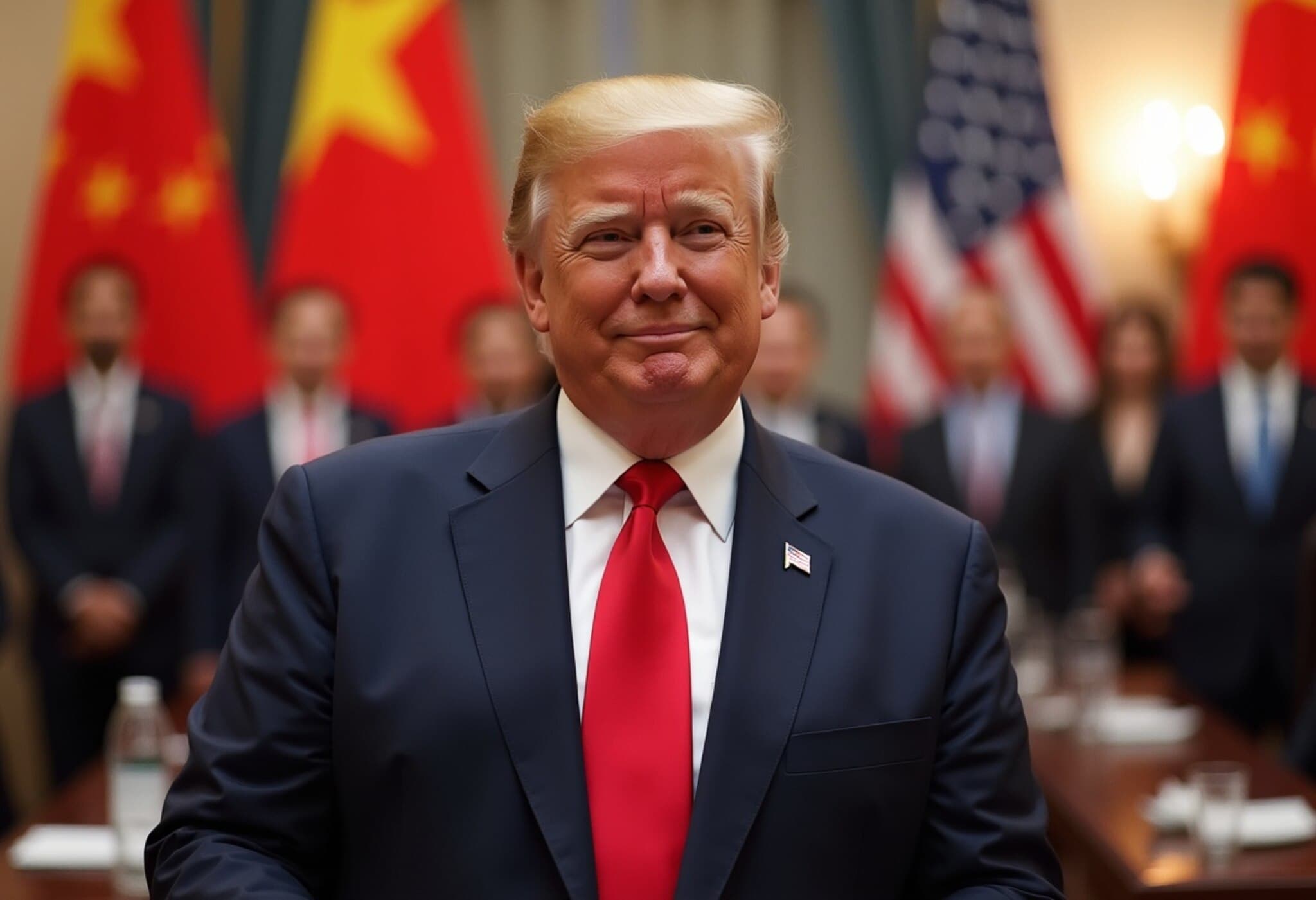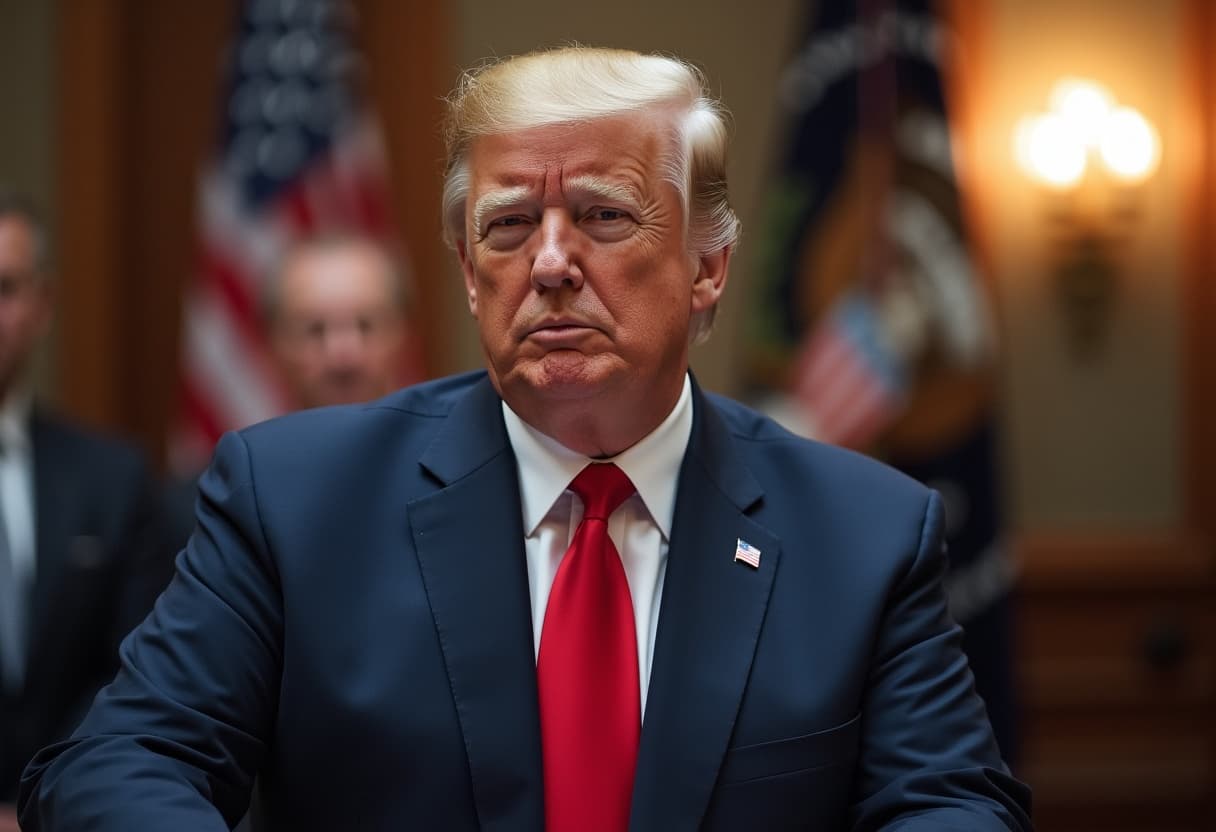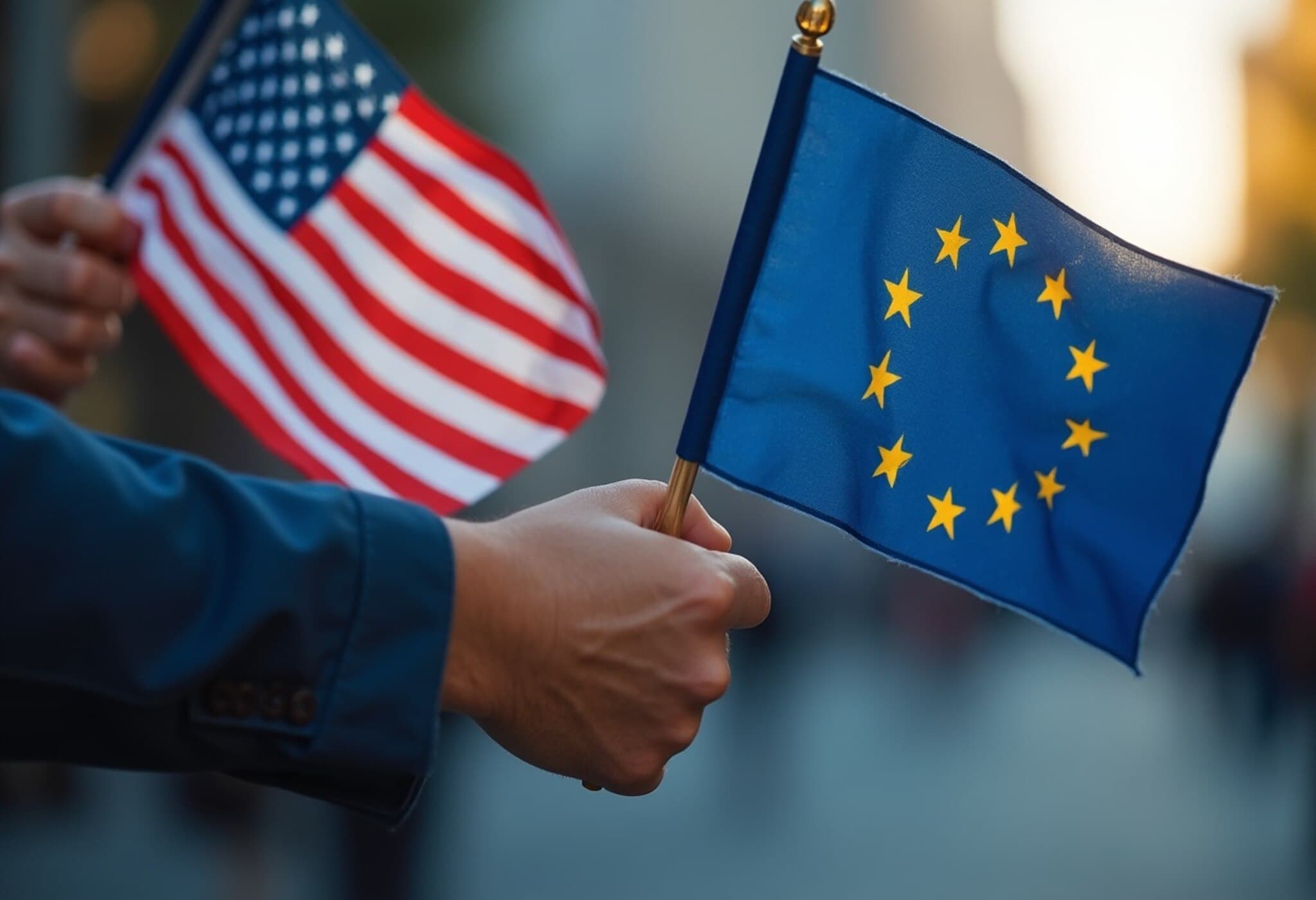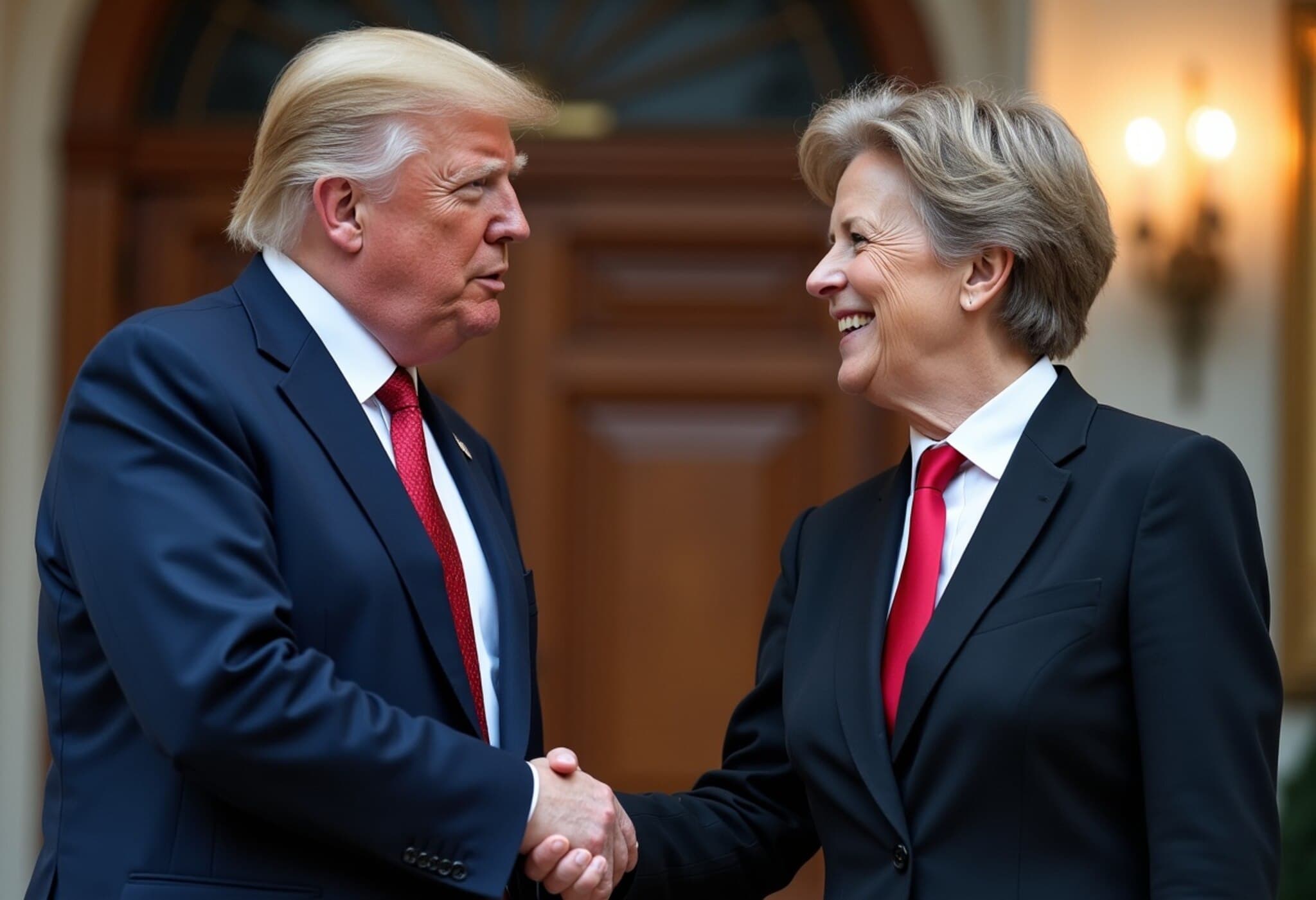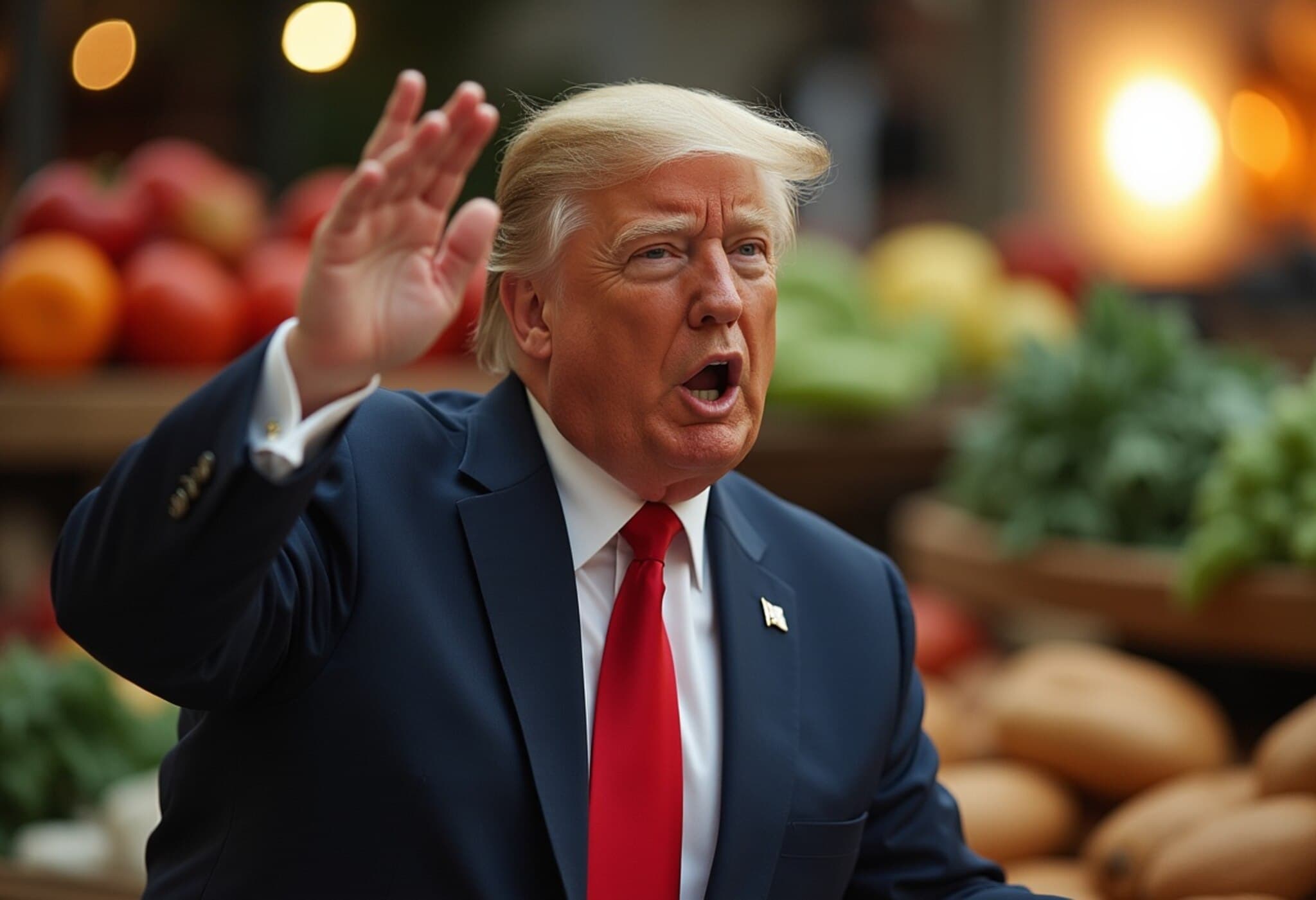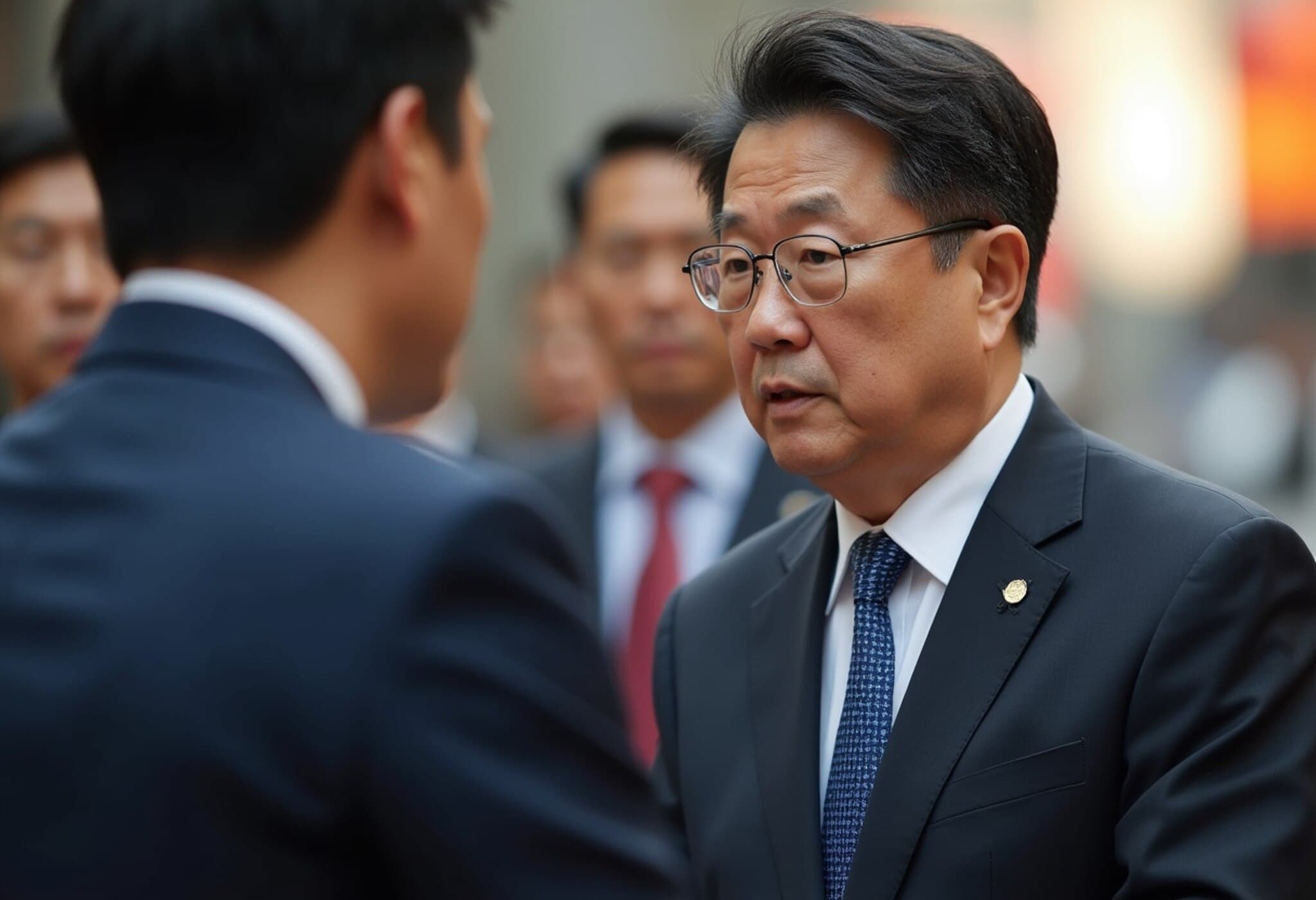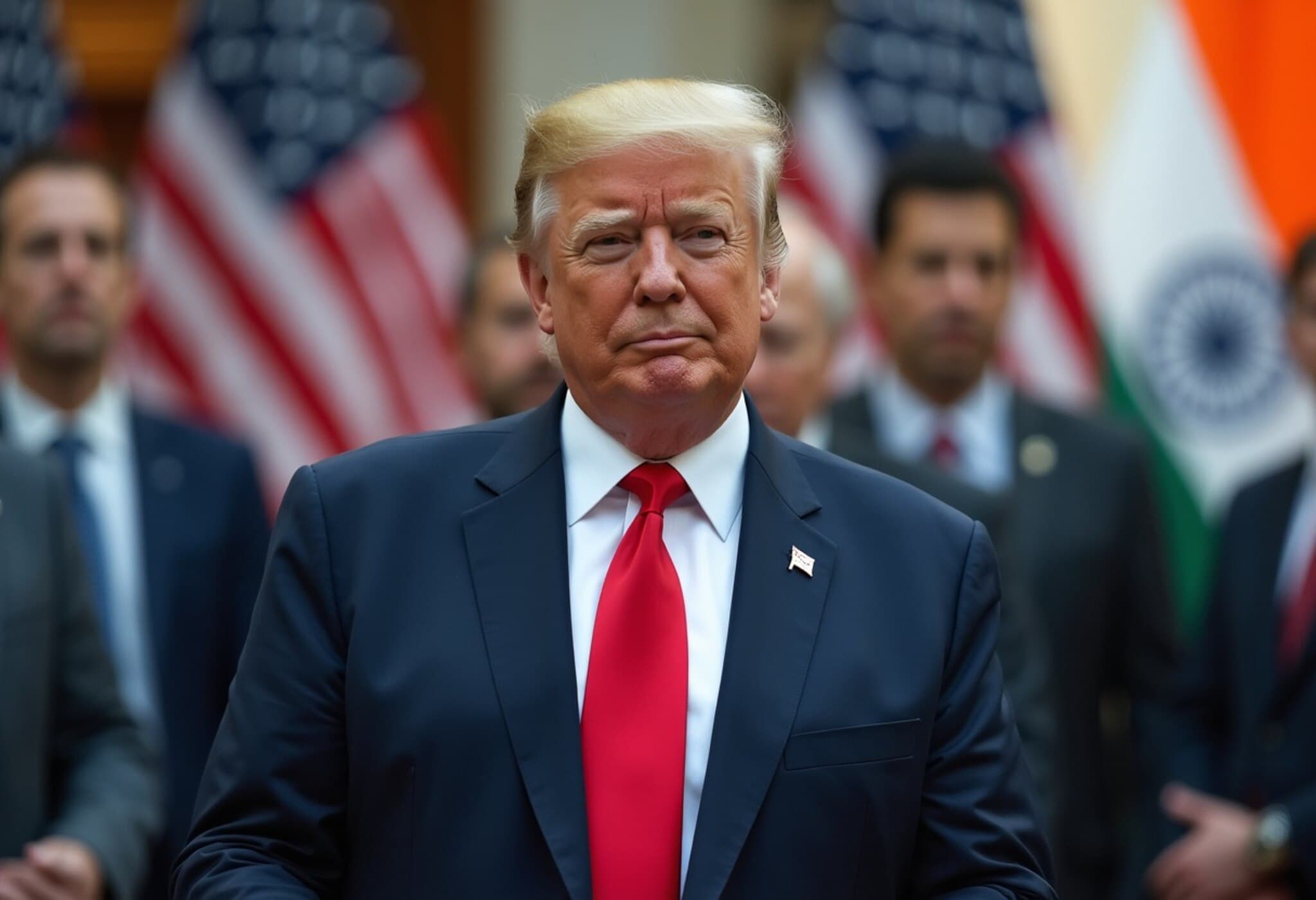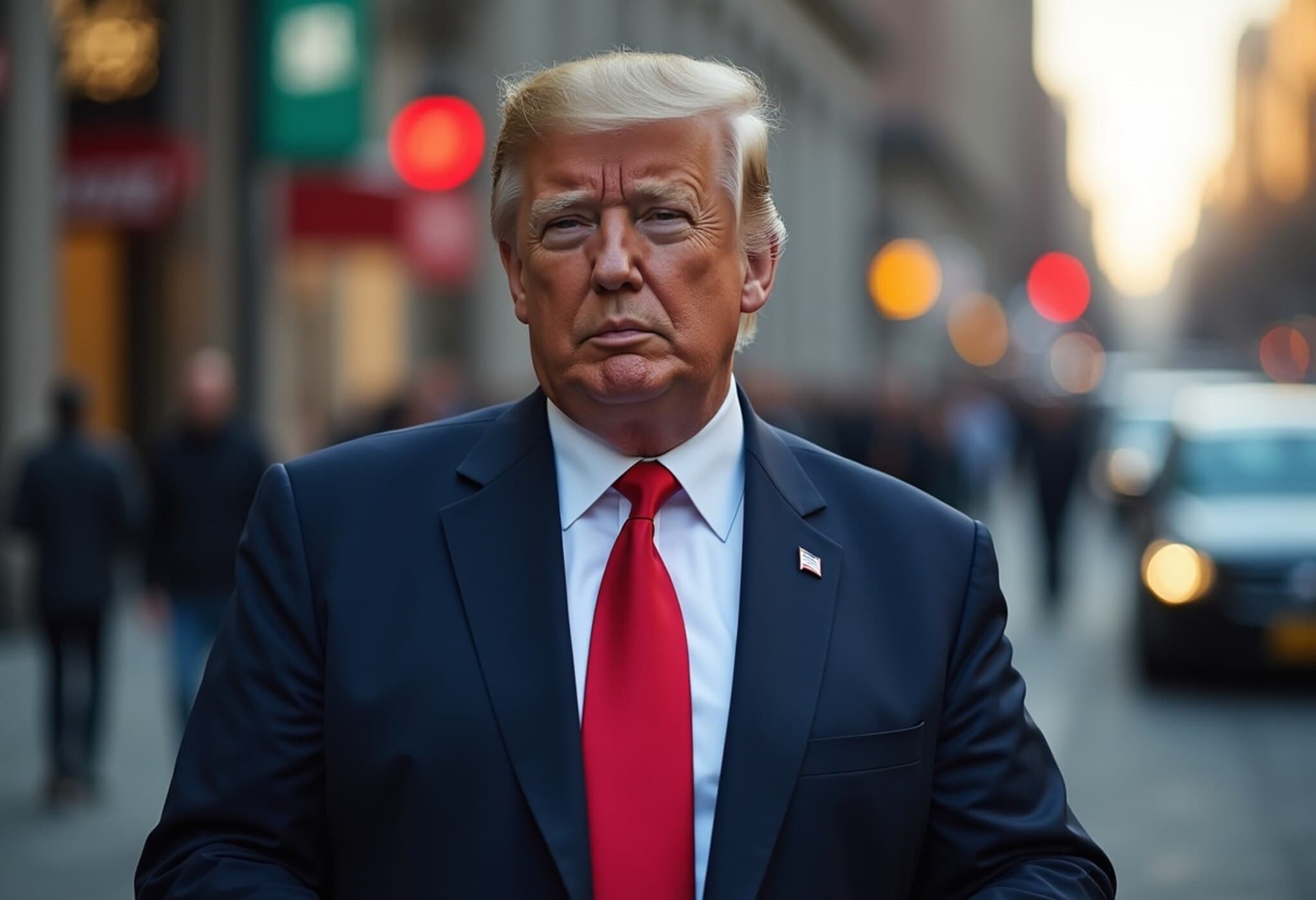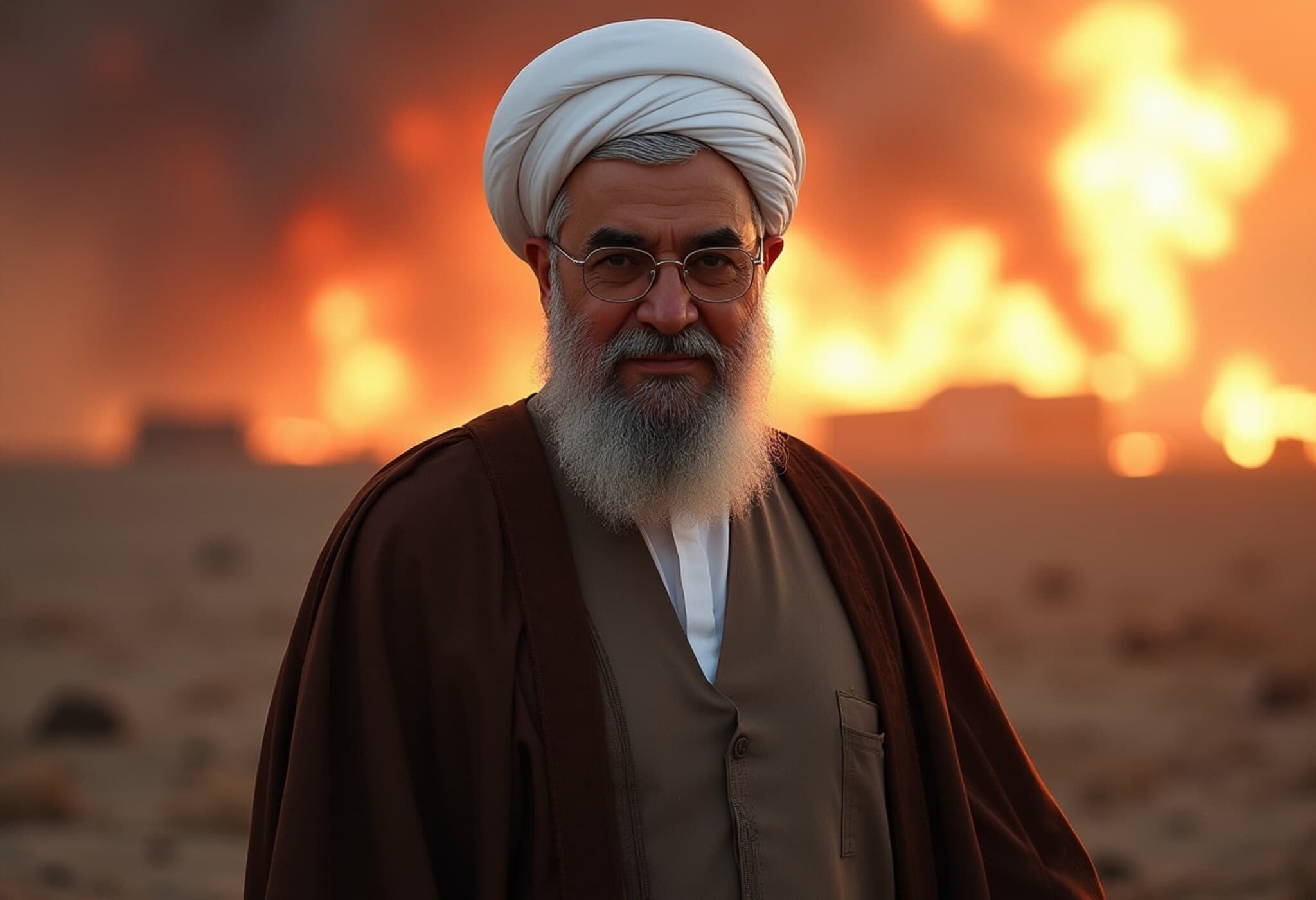Stalemate in U.S.-EU Trade Talks as July Deadline Looms
With the clock ticking down toward a looming July 9 deadline, negotiations between the United States and the European Union to resolve longstanding trade tariff issues have hit significant roadblocks. If no agreement materializes before then, both sides risk reimposing tariffs that could disrupt a transatlantic trading relationship valued at nearly €1.68 trillion ($1.93 trillion) in 2024.
Why Have Negotiations Stalled?
Despite ongoing discussions, no breakthrough has emerged, with several critical points of contention preventing progress. These hold-ups stem largely from divergent regulatory philosophies, taxation disputes, and fundamental differences in negotiation strategies.
The Clash Over Big Tech Regulation
A significant flashpoint centers on the European Union’s rigorous regulation of major technology companies. The EU has implemented comprehensive rules addressing transparency, market competition, and online content moderation, drawing criticism from U.S. officials who view these regulations as barriers to American digital firms.
From the U.S. side, there is pressure to leverage trade talks to encourage the EU to roll back these strict regulations. However, European leaders maintain firm resolve, emphasizing that protecting digital platform governance is crucial to combating disinformation and hate speech. Any external interference is seen as unacceptable and a threat to the EU’s regulatory sovereignty.
Although some analysts suggest the EU might consider limited concessions without compromising its core principles, substantive negotiations on this front have yet to take place.
Tax Disagreements: VAT vs. Tariffs
Tax issues further complicate the talks, particularly the differing approaches to value-added tax (VAT). The EU applies VAT uniformly to both domestic and imported goods as part of its standard fiscal policy, while the U.S., which lacks a VAT system, views these taxes as unfair trade obstacles.
The U.S. asserts that tariffs serve as a corrective measure against these perceived disadvantages. Conversely, the EU insists that taxation is a strictly domestic matter and categorically rejects including tax policies within trade negotiations—a line it refuses to cross.
Mismatched Mindsets and Negotiation Styles
Beyond specific issues, a deeper philosophical divide underscores the impasse. The U.S. administration approaches talks expecting partners to make concessions primarily favoring American interests, whereas the European Union advocates for a balanced, reciprocal approach.
This misalignment of expectations breeds mistrust. The EU, confident in its economic stature, rejects demands for unilateral compromises and views itself as an equal partner rather than a subordinate. Such dynamics complicate any attempt to reach middle ground.
Is a Deal Still on the Table?
Experts remain skeptical about a comprehensive agreement in the near term. While the prospect of a zero-tariff, zero-quota deal has been floated, Washington appears reluctant to embrace it. Similarly, the EU is unlikely to accept a limited deal resembling the post-Brexit arrangement with the U.K., which imposes specific quotas and tariffs on critical sectors.
However, some analysts suggest the possibility of a more narrowly tailored agreement, such as extending or freezing existing tariffs on select industries. Yet, these modest steps stop short of a broad resolution and serve mainly as damage control.
Others warn that if talks collapse, retaliatory tariffs could escalate, potentially sparking a tit-for-tat trade conflict analogous to previous U.S.-China disputes. Such a scenario would only exacerbate economic tensions across the Atlantic, and true de-escalation might hinge on reaching a severe threshold of economic pain.
Looking Ahead
The U.S.-EU trade negotiations stand at a precarious crossroads. Achieving a balanced agreement demands bridging sizable gaps in regulatory philosophies, taxation policies, and negotiation mindsets. With the July deadline fast approaching, the coming weeks will prove decisive in shaping the future of one of the world’s largest economic partnerships.

